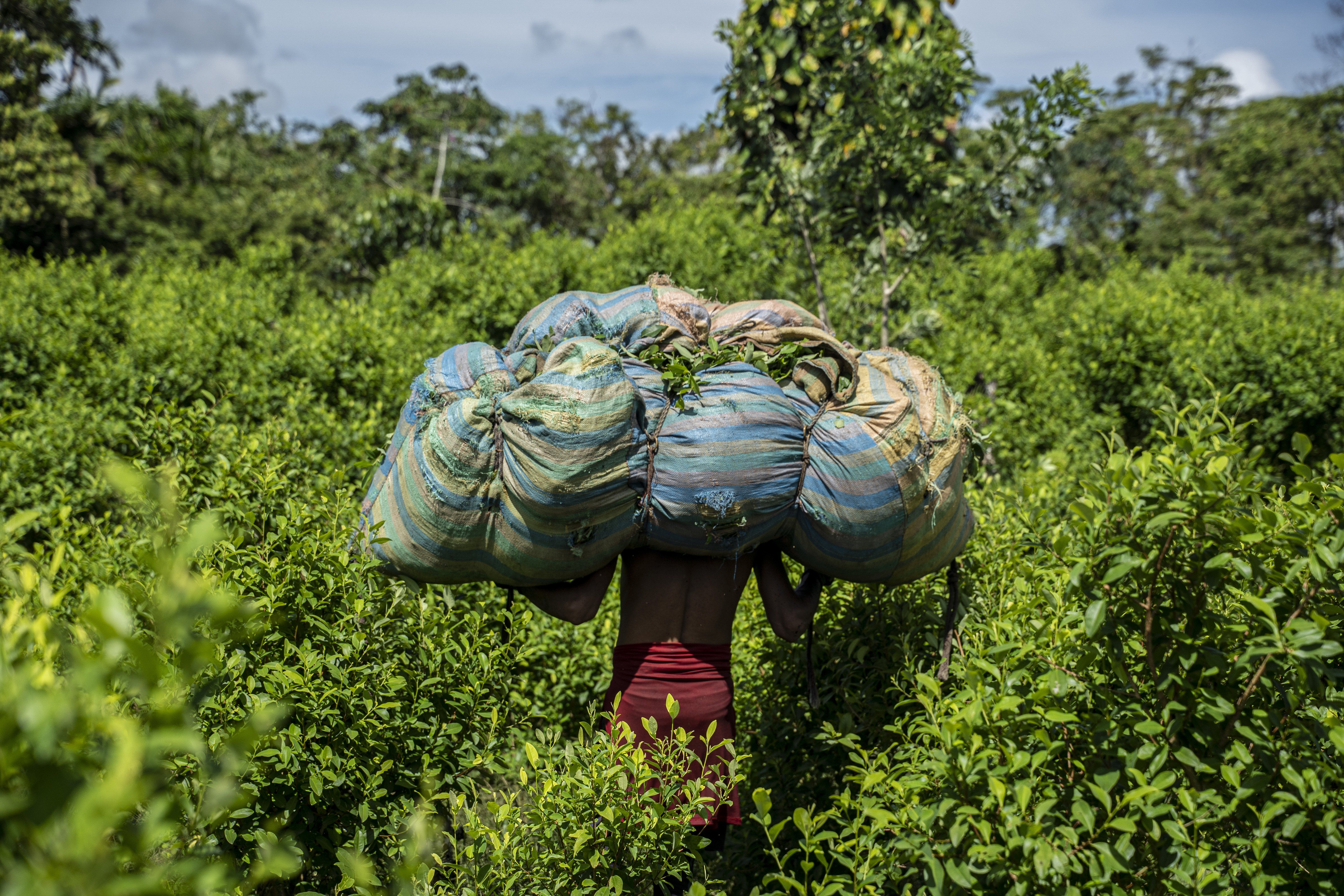Hard Numbers: Colombia sees coca boom, Denmark sends museum pieces to Ukraine, World Food Program warns of “doom loop”, a river of wine flows in Portugal
6: In order to fulfill its promises to send Leopard 1 tanks to Ukraine, Denmark had to pull half a dozen of the Cold War-era classics from local military history museums. The tanks in museum collections were found to be in better condition than those in Danish army storage.
24 million: The United Nations World Food Program has warned of a “doom loop” of global hunger as it faces a 60% budget shortfall this year. Unless the WFP can make up the deficit, some 24 million people around the world could fall into emergency hunger situations as the program can no longer provide for them.
600,000: Two wine tanks at the Levira Distillery in São Lourenço do Bairro, Portugal burst open, flooding the village with enough red wine to fill a 600,000 gallon Olympic-sized swimming pool. Local authorities managed to divert the torrent into an empty field before it reached the nearby Certima River - no word yet from local field mice on how they like the vintage.
10 billion: As part of its landmark antitrust case against Google, the US Justice Department says Google spends $10 billion every year to unfairly maintain its status as the internet’s most widely used search engine. The trial opened in Washington, DC on Tuesday and is expected to go on through the winter.
